-

© Iris Janke
23.04.2024Prof. Dr. med. Ulrich-Wilhelm Thomale, Charité – Universitätsmedizin Berlin
As Head of Paediatric Neurosurgery at Charité - Universitätsmedizin Berlin, Brain City Ambassador Prof. Dr. med. Ulrich-Wilhelm Thomale can and wants to make a big difference. Robots, endoscopically inserted miniature cameras and Augmented Reality support him in clinical research. This not only makes the interventions more precise and safer, but also more efficient.
The patients of Prof. Dr. med. Ulrich-Wilhelm Thomale are young, some were even just born. Nevertheless, they already suffer from serious illnesses and injuries, the surgical treatment of which requires a great deal of sensitivity. “There are very specific diseases in childhood that can be treated surgically in the brain or central nervous system. The largest areas are brain tumours, cerebrospinal fluid circulation disorders, malformations of the head or spinal column and functional limitations such as epilepsy or spastic paralysis.” Ulrich-Wilhelm Thomale is Head of the Paediatric Neurosurgery Department at the Campus Virchow Clinic of Charité - Universitätsmedizin Berlin. Precision and efficiency are important parameters of his ongoing work. His aim is to make surgical procedures on children and adolescents shorter and more gentle. “Using computer-assisted methods, we can now operate through very small openings with less anaesthesia time and with more precision,” says the Brain City ambassador. Additionally: The procedure can be performed virtually in advance. “Using Augmented Reality, we can create an exact surgical plan based on MRI imaging and then transfer it one-to-one to the patient.”
The clinical research is closely intertwined with Ulrich-Wilhelm Thomale’s practical work. In one of his projects, he and his team are testing the integration of robots in operations. Another project deals with a new endoscopic surgical technique: “We can insert a small camera into the brain via a drill hole and then carry out the procedure using the system. For example, we were able to suction out or flush out bleeding in the neural chamber water system in newborns.” The scientific publication on the project attracted worldwide attention. “We work with many diseases that are very rare. Our main goal is to provide them with better care,” says Thomale. The team also combines the research results with data from other clinics in an international network in order to be able to treat children and young people even better in the future. “As a highly specialised surgical department, we rely on interdisciplinary cooperation at home and abroad.”
Berlin offers a large number of universities, colleges and institutions that enable cooperation in many sectors. We have already been able to use this offer for successful projects in both the technical and cultural areas.
Ulrich-Wilhelm Thomale found his field of work and research through his studies, which he completed initially in Tübingen and later in Vienna, the US and Berlin. In 2001, he received his doctorate from the Charité, which had just become the Charité University Hospital through the merger of the medical faculty of the Humboldt-Universität with the Virchow Clinic of the Freie Universität Berlin. In 2003 it merged with the Benjamin Franklin University Hospital of the FU Berlin to form the Charité – Universitätsmedizin Berlin. “In my doctoral thesis, I dealt with traumatic brain injuries. That led me to neurosurgery. At the end of my specialist training, I operated on children more and more frequently. This is not everyone’s cup of tea, because it also involves taking away the parents’ fears, building trust and accompanying them empathetically so that they can commit to a therapy as a meaningful one. I realised then: I can make a big difference in my field.”
In Brain City Berlin, Ulrich-Wilhelm Thomale not only appreciates the great cultural diversity and the greenery in the area, but also the great diversity in research and teaching: “Berlin offers a large number of universities, colleges and institutions that enable cooperation in many sectors. We have already been able to use this offer for successful projects in both the technical and cultural sectors.” He also continues to be fascinated by the international and dynamic nature of the city. “The motivation to implement new things is high among the people who come here. We also feel this in the clinic. The size of the Charité offers unimagined opportunities for research. On the one hand, this is due to the many different departments and cooperation partners in the city, and on the other hand, the number of patients is large. This is very important for clinical research.”
Ulrich-Wilhelm Thomale advises young scientists to go their own way courageously, but still to listen to their gut feeling. “The decision to specialise in paediatric neurosurgery was a real headache for me at the time. Ultimately, it was my feeling that the potential in this area is very high that tipped the scales,” he says. This impression was ultimately confirmed for Ulrich-Wilhelm Thomale. “In the end, it’s always an emotional consideration,” says the Brain City Ambassador. “Regarding the question: What can I make out of a good idea?” (vdo)
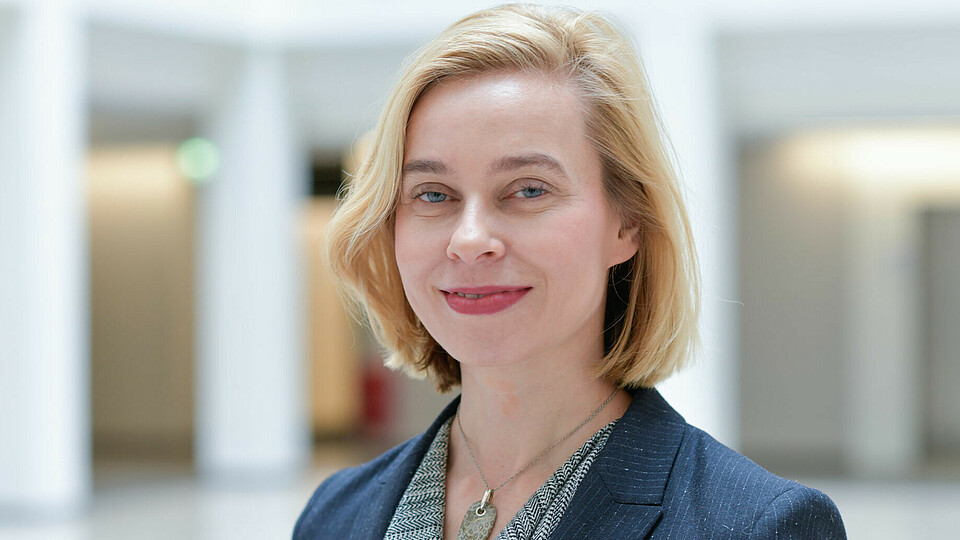
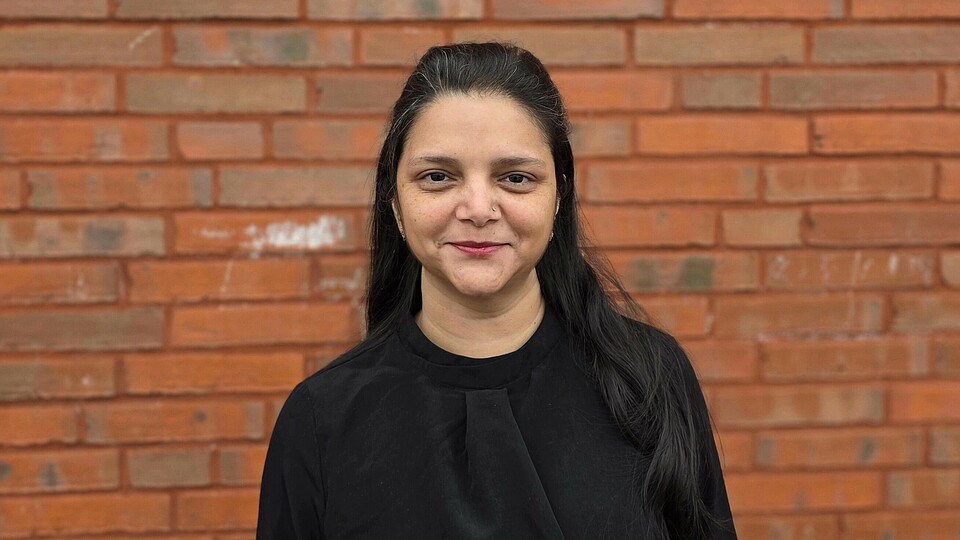
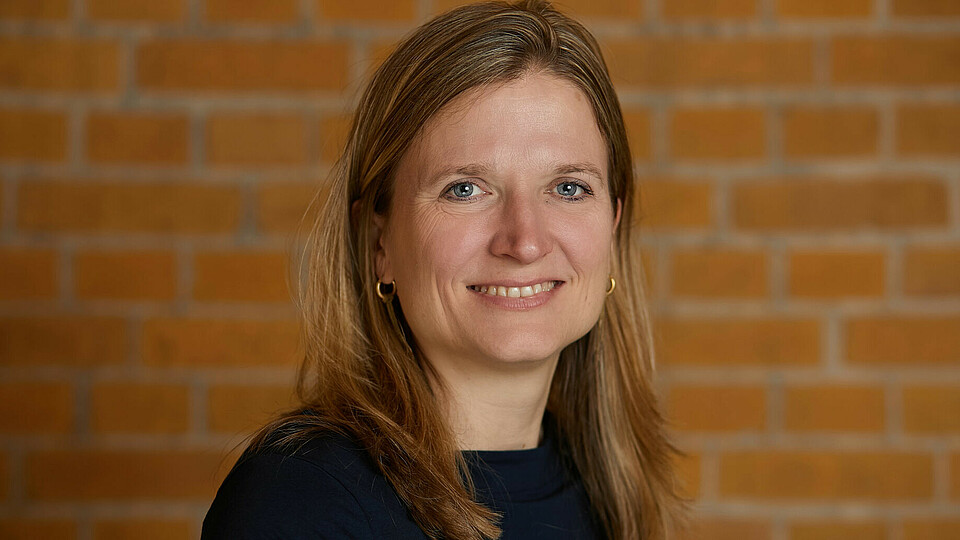
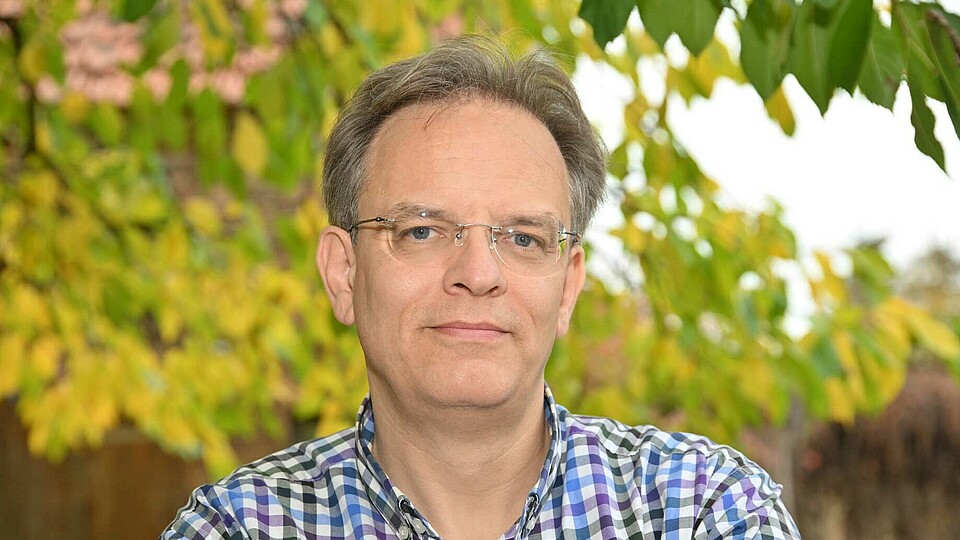
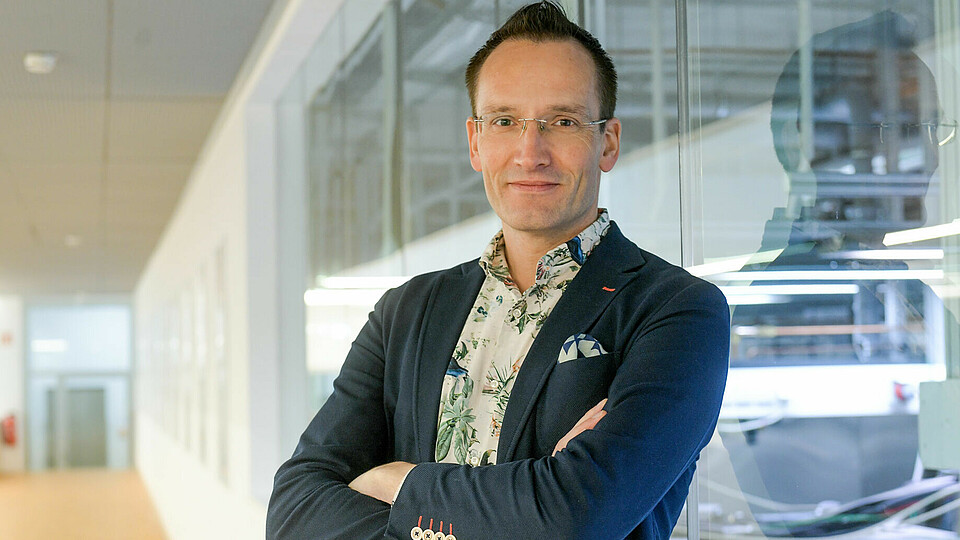
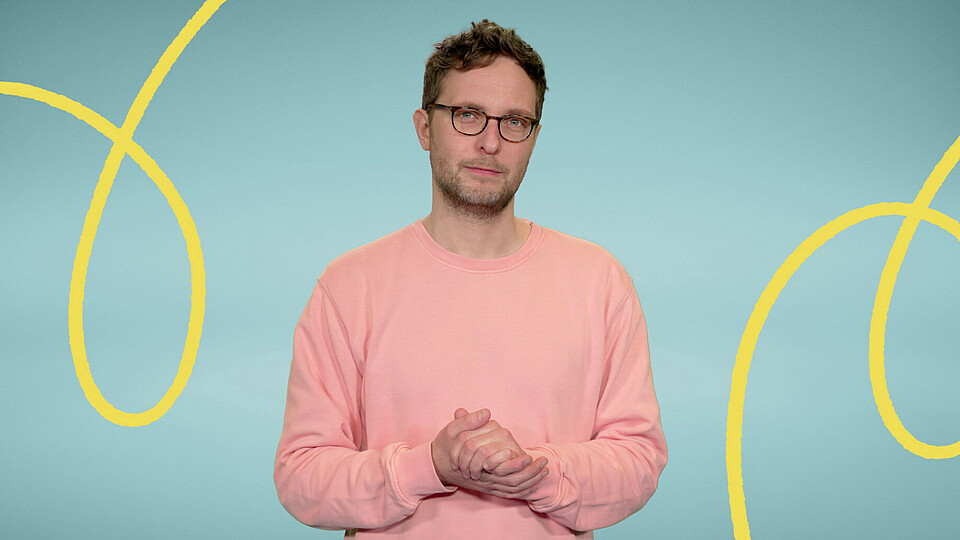
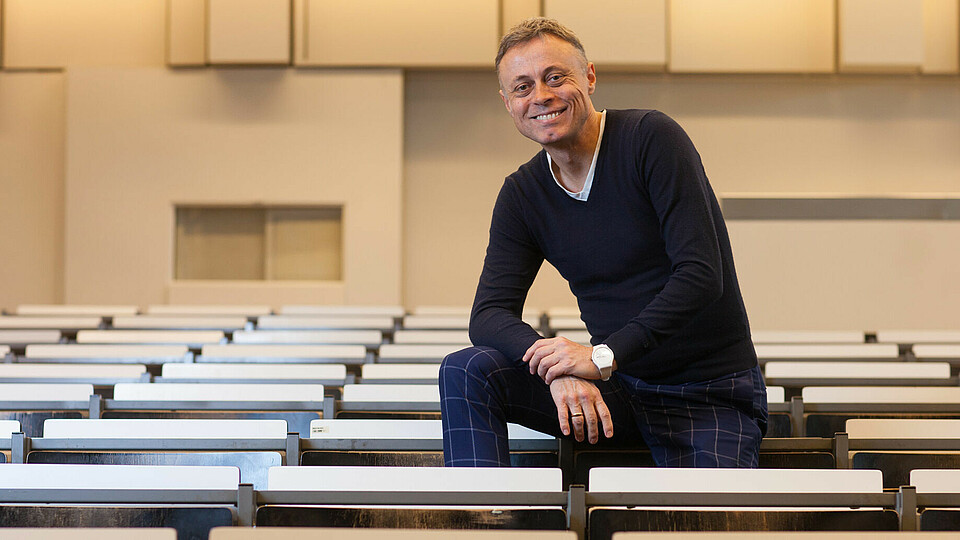
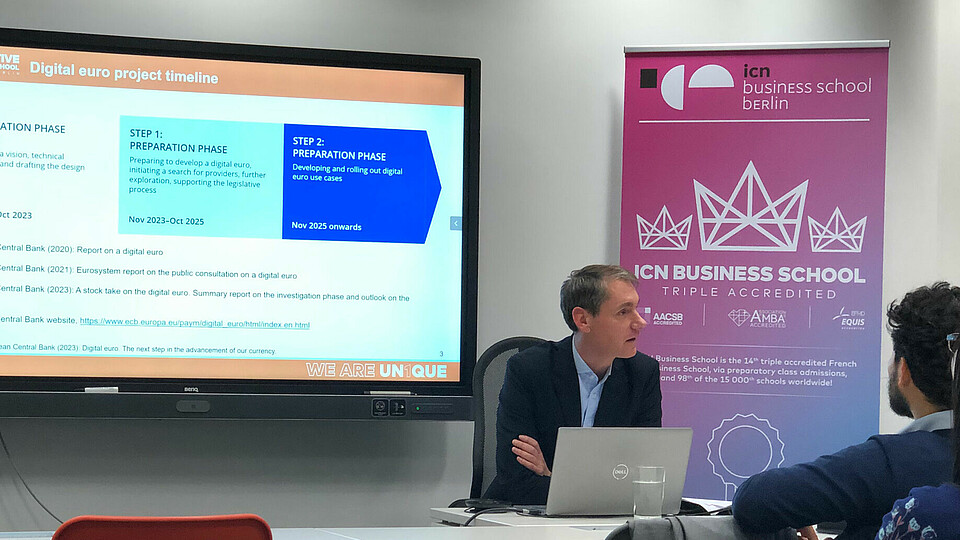
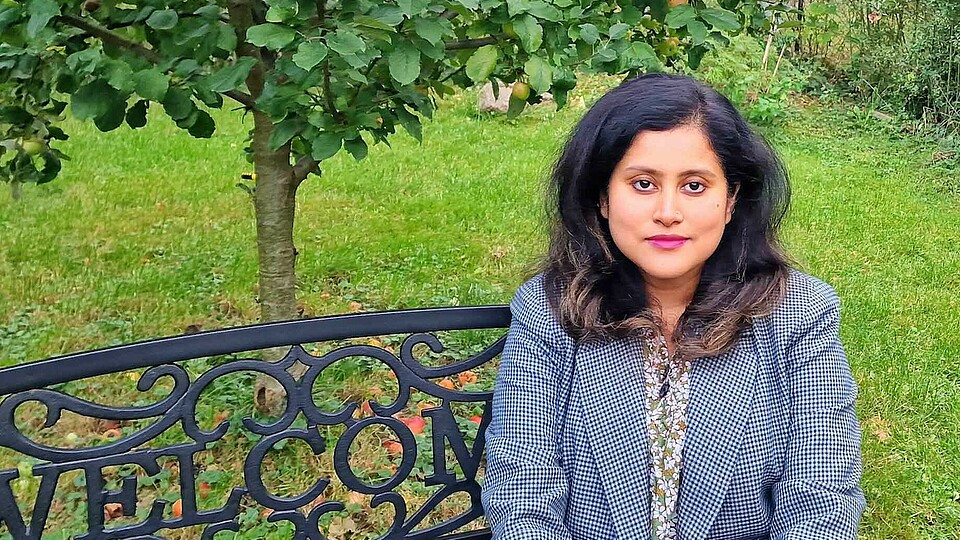
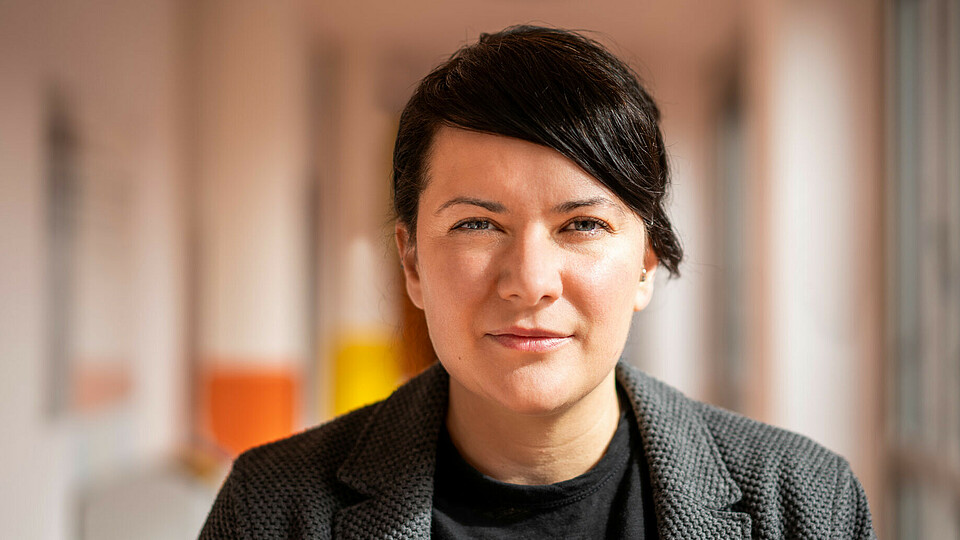
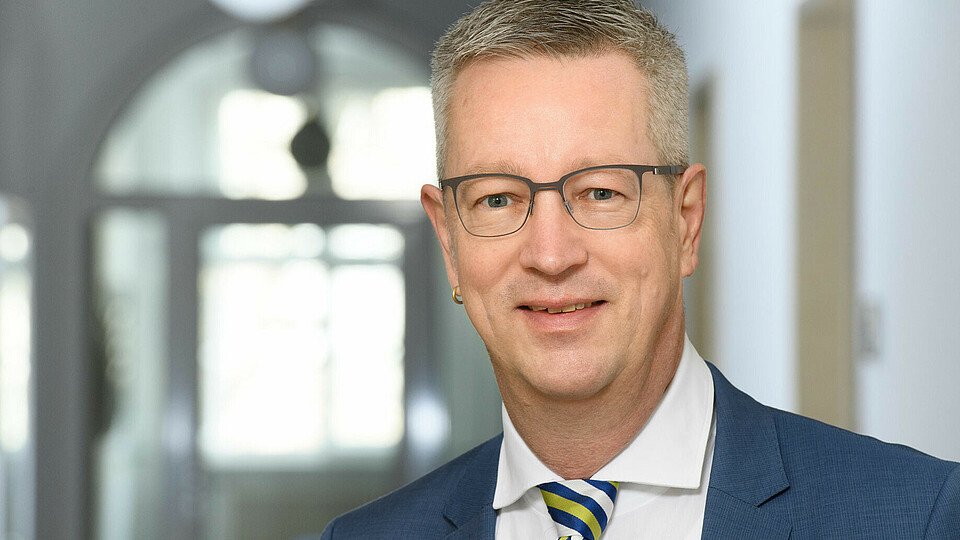
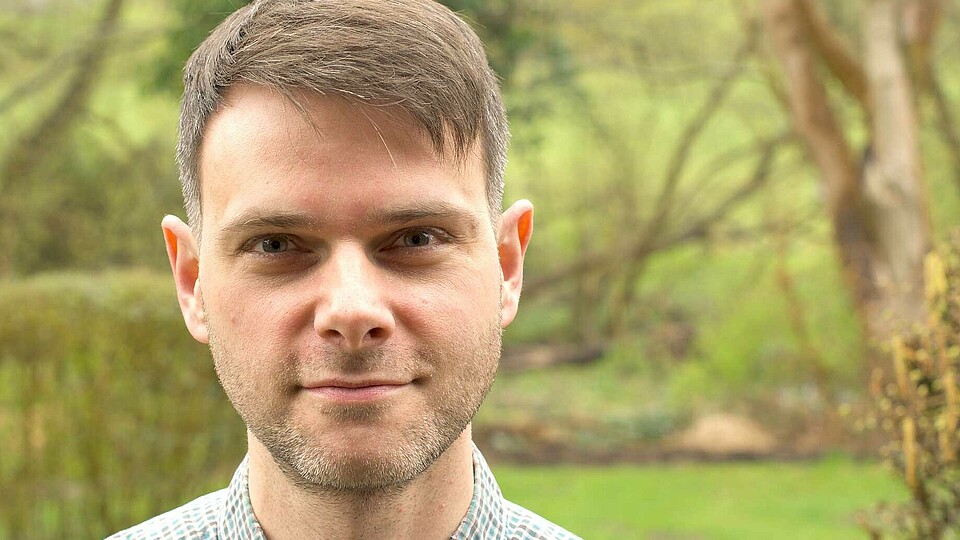
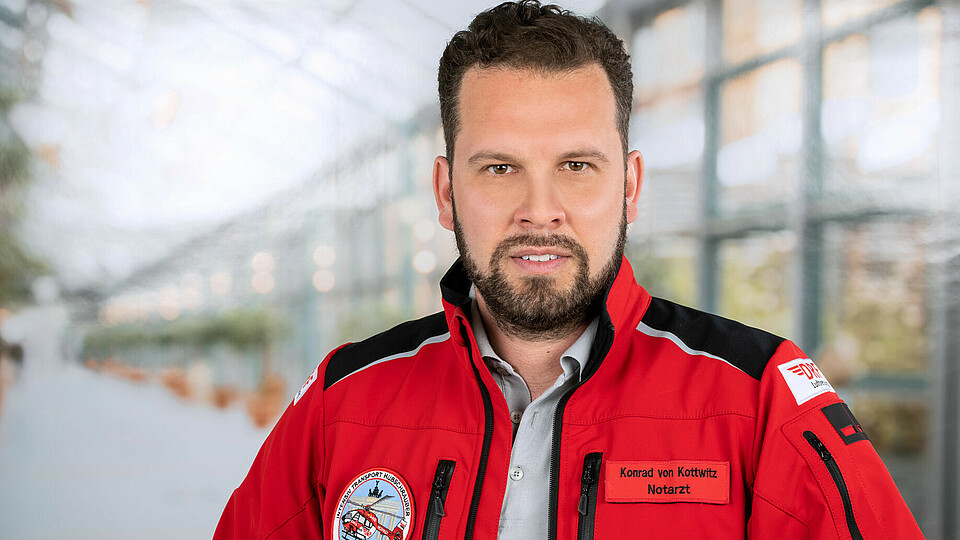
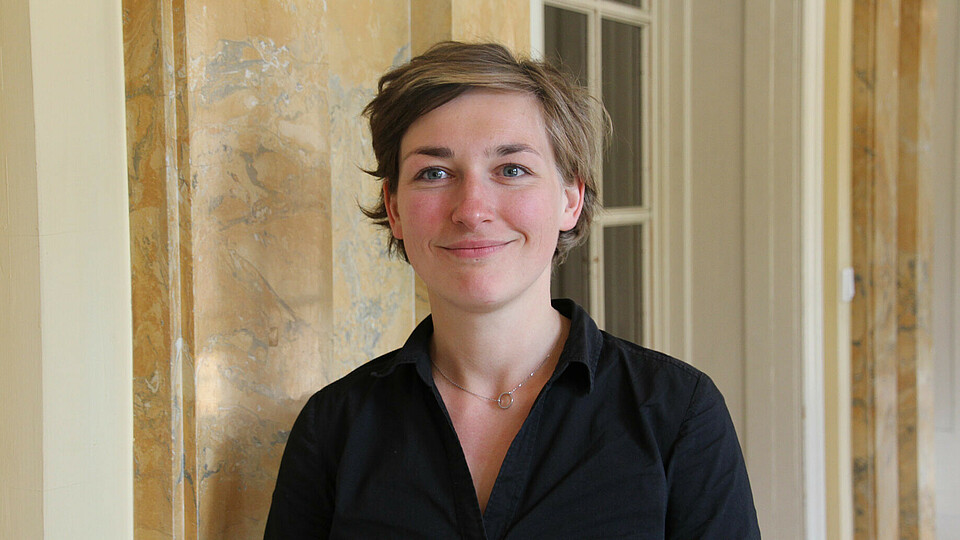
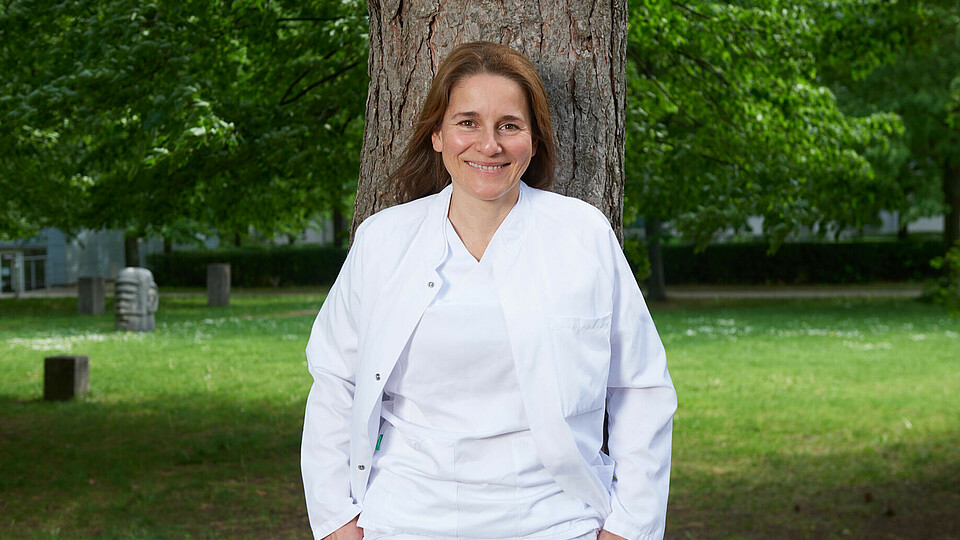
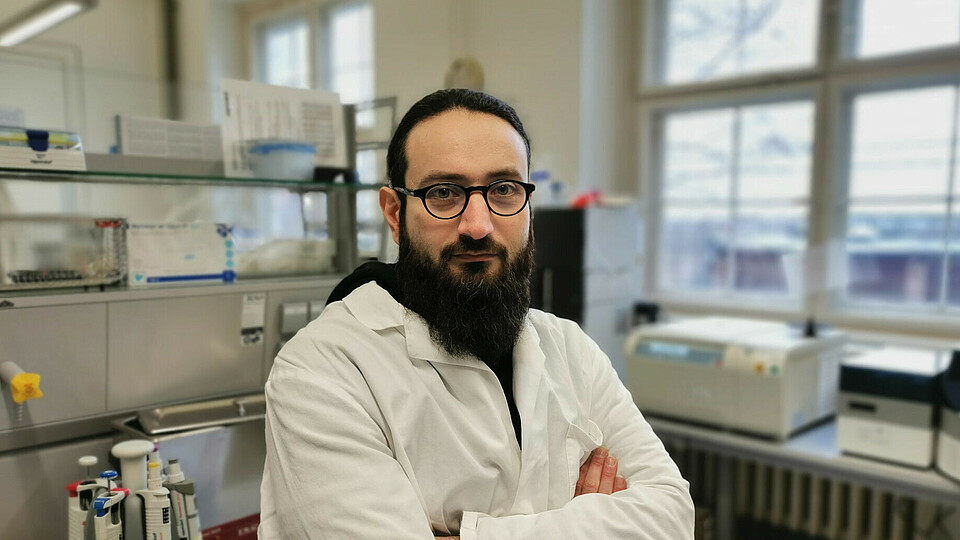
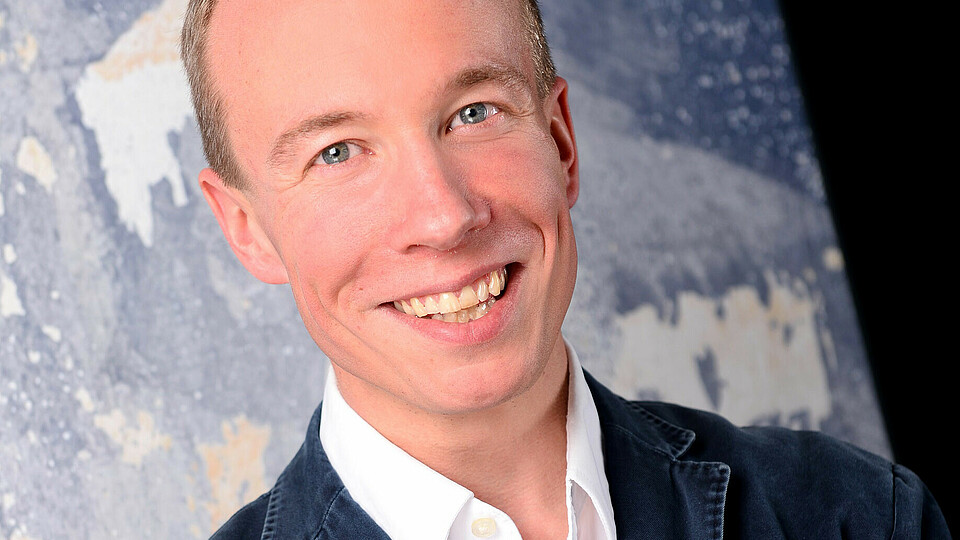
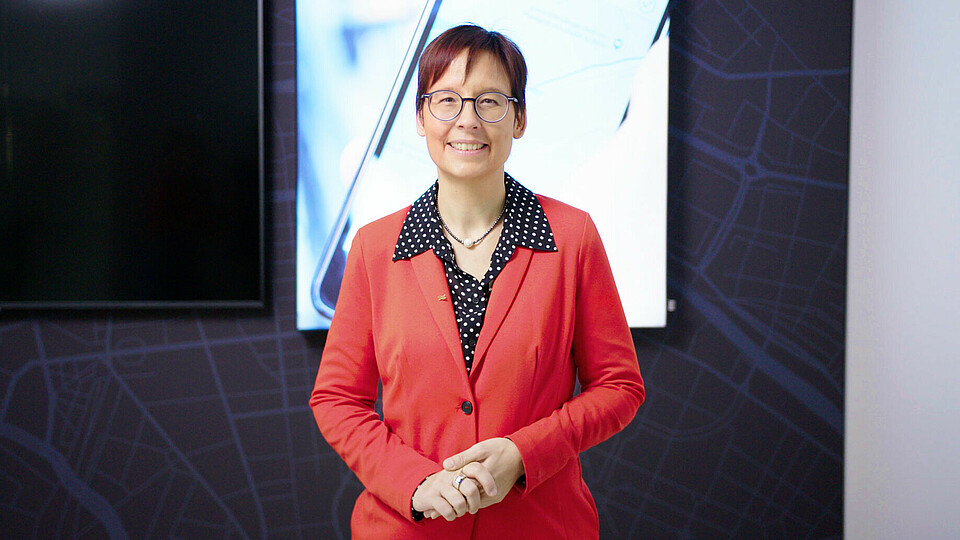
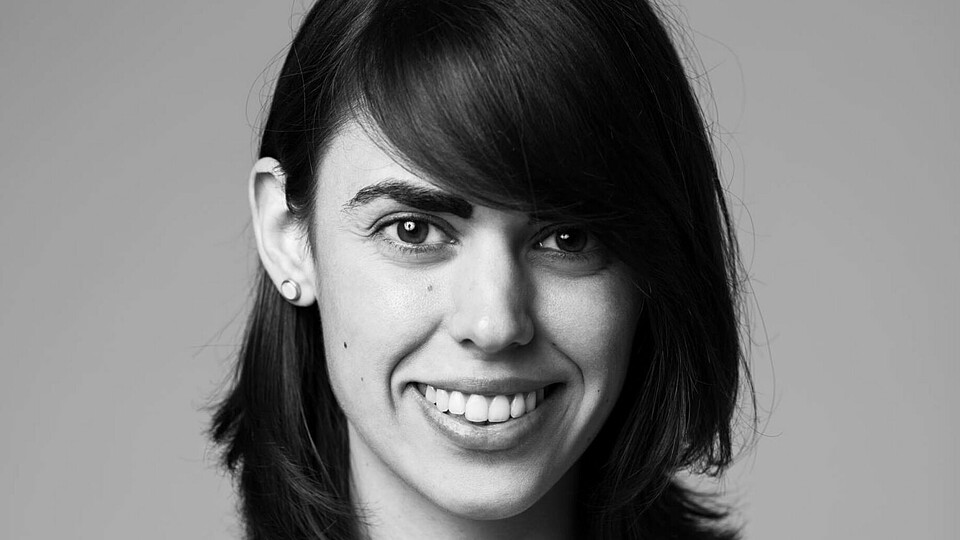
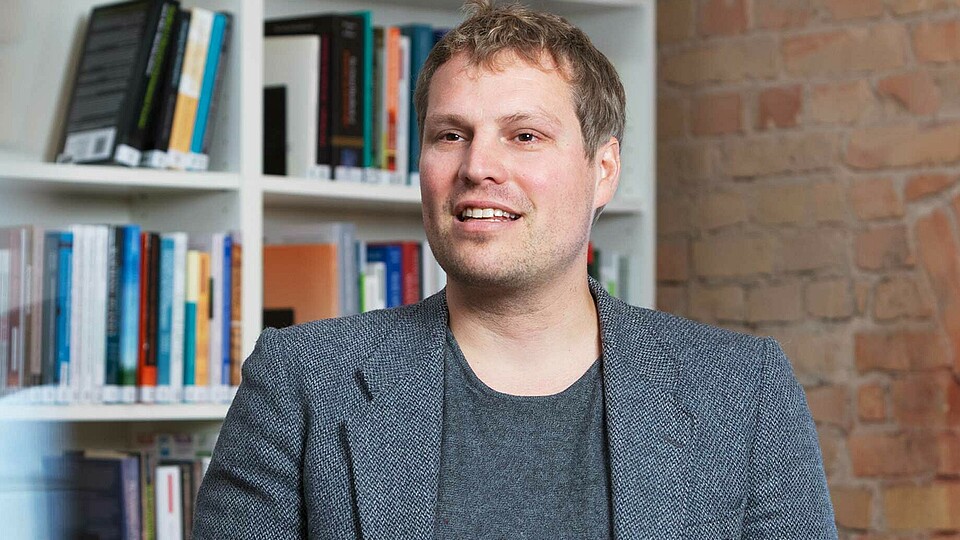
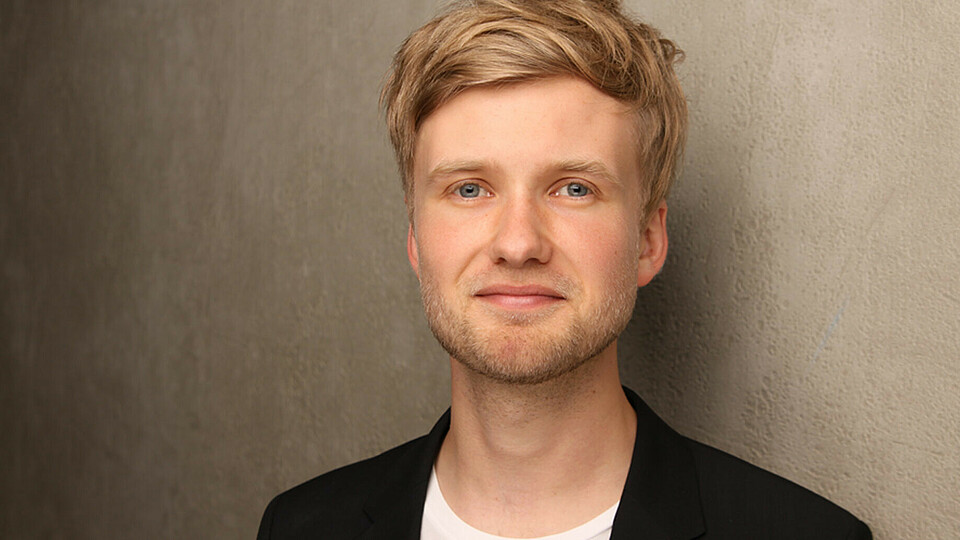
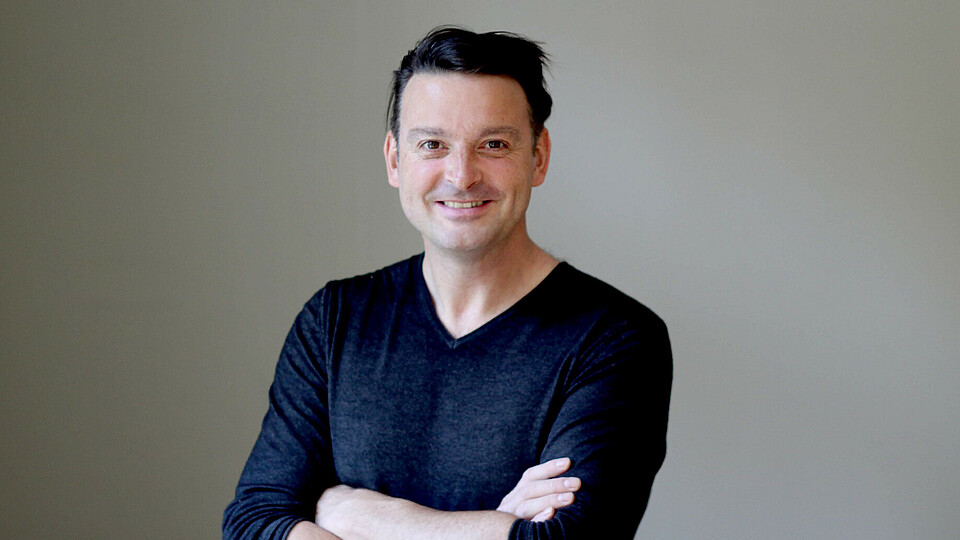
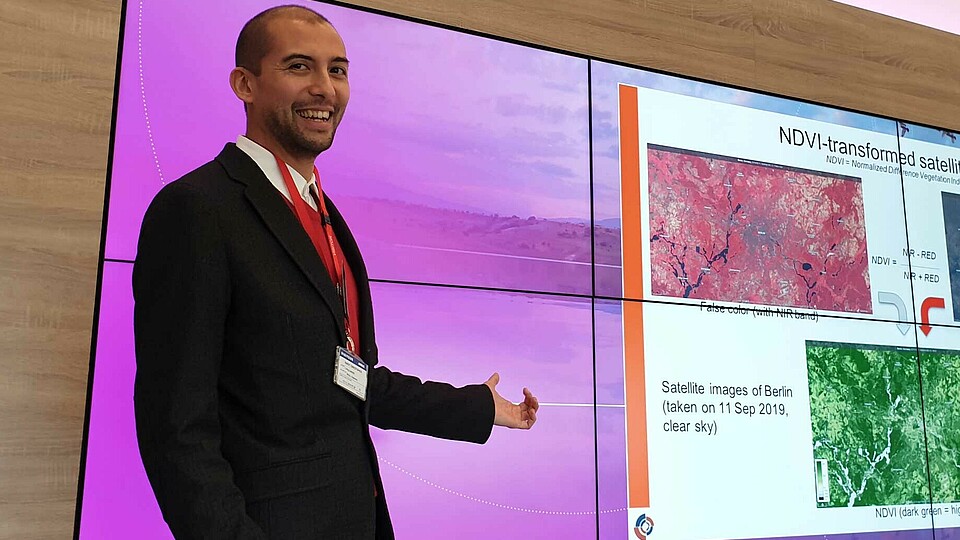
![[Translate to English:] [Translate to English:]](/fileadmin/_processed_/b/c/csm_Lang_Berlin-Partner_Philipp-Jester_683x384_31db623bc3.jpg)